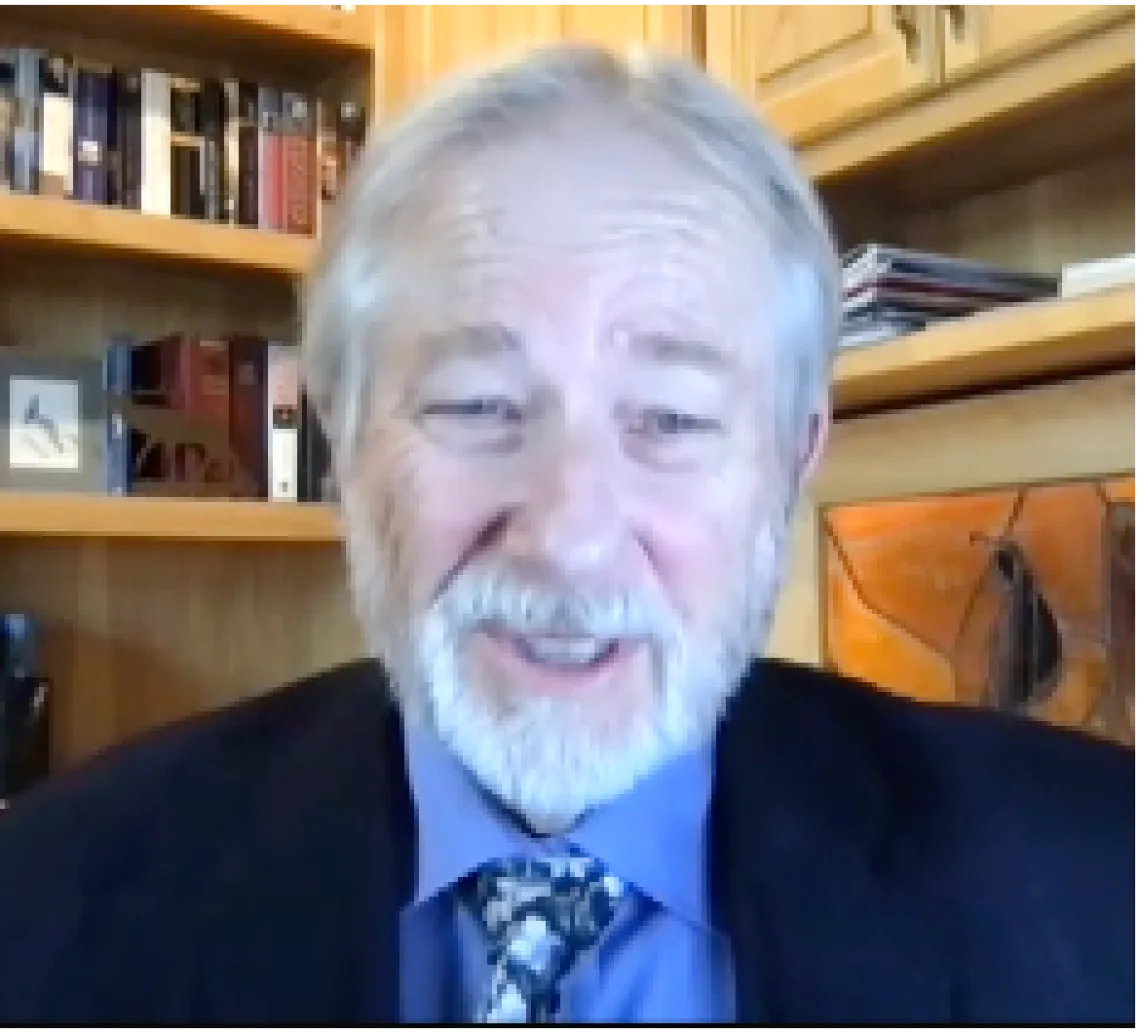Arizona can’t keep up with the demand for doctors. Here’s why
Experts said Arizona could be short 2,000 primary care physicians by 2030 if the trend isn't reversed.

PHOENIX — Arizona is one of the fastest-growing states in the country, but as more people move here, doctors are having a hard time keeping up with the demand.
“For anyone who’s tried to get in to see a primary care physician, you’re well aware that we really have a shortage," said Associate Vice President for Health Equity, Outreach and Interprofessional Activities at the University of Arizona Health Sciences (UAHS) Dr. Dan Derksen.
Derksen is tracking the shortage of primary care doctors.
“About 667 full-time equivalent primary care physicians short of where we should be, and that number will grow to 2,000 full-time equivalents by the year 2030," Derksen said.
Derksen said the shortage stems from a lack of residency programs both in Arizona's metropolitan and rural counties.
“We lose a lot of those folks because when they go out of state, to obtain their residency training, their graduate medical education, they often don’t return," Derksen said.
UA research shows Arizona needs to create over 1,000 new residency slots to fix the problem.
“It’s just about creating those opportunities where we need them most," said Valleywise Health Chief Clinical Officer Dr. Michael White.
Local healthcare systems, such as Valleywise, are working to recruit doctors fresh out of school.
“A lot of more senior experienced physicians, once they develop that, that panel or group of patients that they take care of, it’s very hard for people to leave that," White said.
More doctors are not the only solution to the healthcare problem.
"Nurse practitioners will definitely be front and center in making that happen," Judy Karshmer, the dean of Edson College of Nursing and Innovation at Arizona State University, said.
Karshmer told 12News that the nurse practitioner workforce is expected to grow by 40% in the next five years.
In Arizona, nurse practitioners have the ability to address primary care needs just as any doctor would.
“He or she would be able to diagnose, treat, order, whatever kind of medications you need, what kind of services you need, make referrals as necessary," Karshmer said.
Experts said primary care doesn't only help your health, but also your wallet.
“You can dramatically decrease the cost of care," Derksen said.

